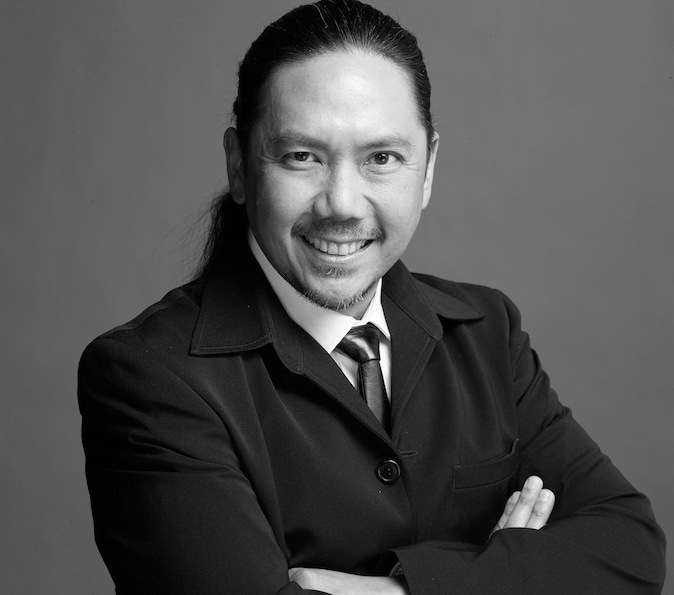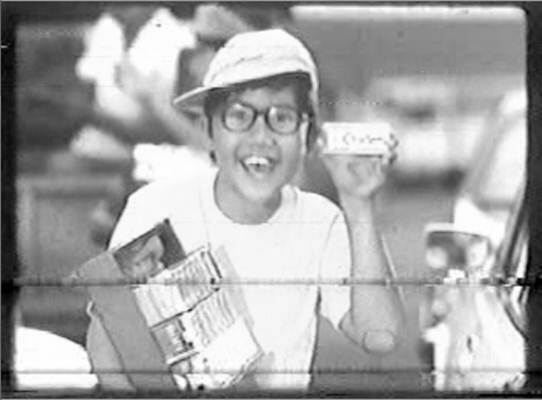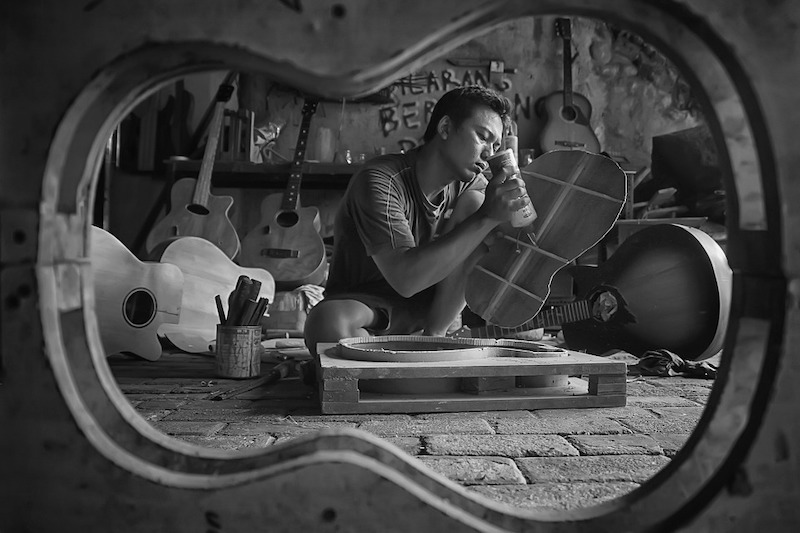How do you turn the most difficult situations of your career into the most triumphant one?
Paolo Mercado, Head of Marketing & Consumer Communication — GCR Nestle China Ltd, shares how growing up in a family that allowed him to discover his creative side early has helped kick start his career in the creative industry.
When asked what’s that important skill one must develop to become great in their industry, he shares the importance of building specific skills so one can become master at them.

Can you tell us a bit about how you started your career? What are some of your best moments in your professional life?
I grew up in an advertising family. My dad had his own ad agency which had a very informal, family atmosphere. I spent a lot of my school vacations in the ad creative department, learning to draw, take and develop photos, and play guitar (we had jingle writers back then). I was even cast in a couple of ads when they needed child talents.

At first, I didn’t want to go into advertising. I wanted to be a theater director. I took up psychology in college and used it to help develop characters for stage productions. But eventually, the realities of having to raise a young family made me decide to go into advertising.
I started in strategic planning as it best used my psychology and research background. I eventually became head of strategic planning with Publicis Philippines. Later on, I was asked to join the Publicis global team in Paris where Nestle was my main client.
10 years later, I joined Nestle.
I would say the best moments of my professional life are the most difficult ones. At one point, I was sent back to help fix some big problems that Publicis had in the Philippines. That experience was extremely difficult, with a mass resignation, lots of infighting and loss of client confidence. But eventually we turned things around and produced some of the best work for our clients.
I can go on and on, but it is truly the most challenging situations that I found most fulfilling. I remember difficult times with more fondness than easy times, because it is in the the difficult times that I grew professionally and personally.
If you could advise your 20-year-old-self today, what would you tell him?
Follow your heart, trust your guts, and don’t over-think.
When I was 20, I didn’t want to be a marketer or an adman. I wanted to be a theater playwright and director. While going into advertising was a pragmatic choice, I didn’t abandon my passion for theater and deeper understanding of human behavior.
Thus unconventionally, I used a lot of my theater and psychology background in my marketing consumer insight work. I also brought in dramatics and theater principles in ads, events, presentations and shopper marketing. It was unusual, but I just trusted my instincts and that somehow paid off.
What has been the most valuable advice you’ve ever gotten when you were facing challenges in your career?
There was one quote from Harry Belafonte that I will always remember. Harry was advised by his father to “Never record a song you don’t like. Because if that song becomes a hit, you will find yourself having to sing that song over and over again.”
For me this means never become an expert at something you hate doing.
I must admit though, I have not always followed this advice. Looking around me though in the corporate world, I see that I am not alone.
What would you advise the millennial just starting with their career or aiming to take their careers to the next level?
My advice would be to focus on building skills, rather than building careers.
There are people I know who obsess about their “career path”, spending all their time hunting for the next promotion, hogging the limelight in projects, getting themselves pirated, etc. They overstate their CVs, chase fancy job titles and are more focused on perks than on doing a good job.
What then happens is eventually they get promoted to a position where real skills are needed. And then they fail… spectacularly.
So to those 20 years my junior, my advice is to find something you are passionate about, and build your skills around this passion. Invest time to learn from others better than you. Devote yourself to projects that may not pay you much, but where what you learn becomes more priceless than the pay you receive.
Over time, the skill builders become masters at what they do, and then they will be rewarded by those who value these skills.

